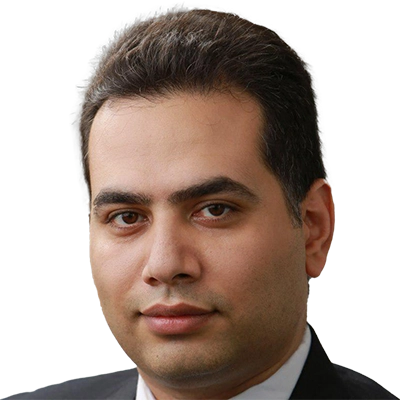DeepAf: One-Shot Spatiospectral Auto-Focus Model for Digital Pathology
MCML Authors

Azade Farshad
Dr.
Abstract

Azade Farshad
Dr.
Abstract
While Whole Slide Imaging (WSI) scanners remain the gold standard for digitizing pathology samples, their high cost limits accessibility in many healthcare settings. Other low-cost solutions also face critical limitations: automated microscopes struggle with consistent focus across varying tissue morphology, traditional auto-focus methods require time-consuming focal stacks, and existing deep-learning approaches either need multiple input images or lack generalization capability across tissue types and staining protocols. We introduce a novel automated microscopic system powered by DeepAf, a novel auto-focus framework that uniquely combines spatial and spectral features through a hybrid architecture for single-shot focus prediction. The proposed network automatically regresses the distance to the optimal focal point using the extracted spatiospectral features and adjusts the control parameters for optimal image outcomes. Our system transforms conventional microscopes into efficient slide scanners, reducing focusing time by 80% compared to stack-based methods while achieving focus accuracy of 0.18 μm on same-lab samples—matching the performance of dual-image methods (0.19μm) with half the input requirements. DeepAf demonstrates robust cross-lab generalization with only 0.72% false focus predictions and 90% of predictions within the depth of field. Through an extensive clinical study of 536 brain tissue samples, our system achieves 0.90 AUC in cancer classification at 4× magnification, a significant achievement at lower magnification than typical 20× WSI scans. This results in a comprehensive hardware-software design enabling accessible, real-time digital pathology in resource-constrained settings while maintaining diagnostic accuracy.
inproceedings YFL+25
MICCAI 2025
28th International Conference on Medical Image Computing and Computer Assisted Intervention. Daejeon, Republic of Korea, Sep 23-27, 2025.Authors
Y. Yeganeh • M. Frantzen • M. Lee • K. Hsing-Yu • N. Navab • A. FarshadLinks
DOIResearch Area
BibTeXKey: YFL+25


